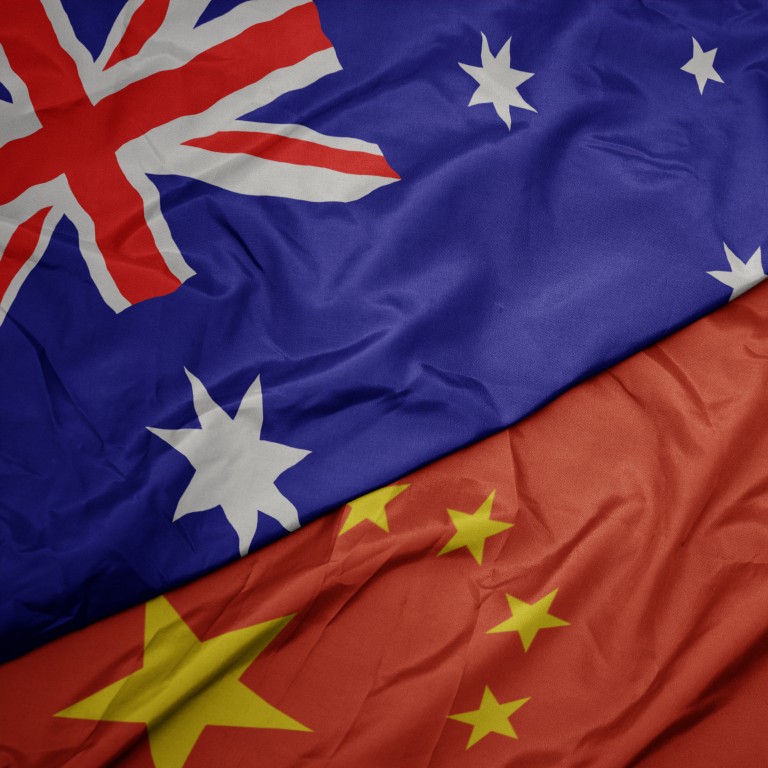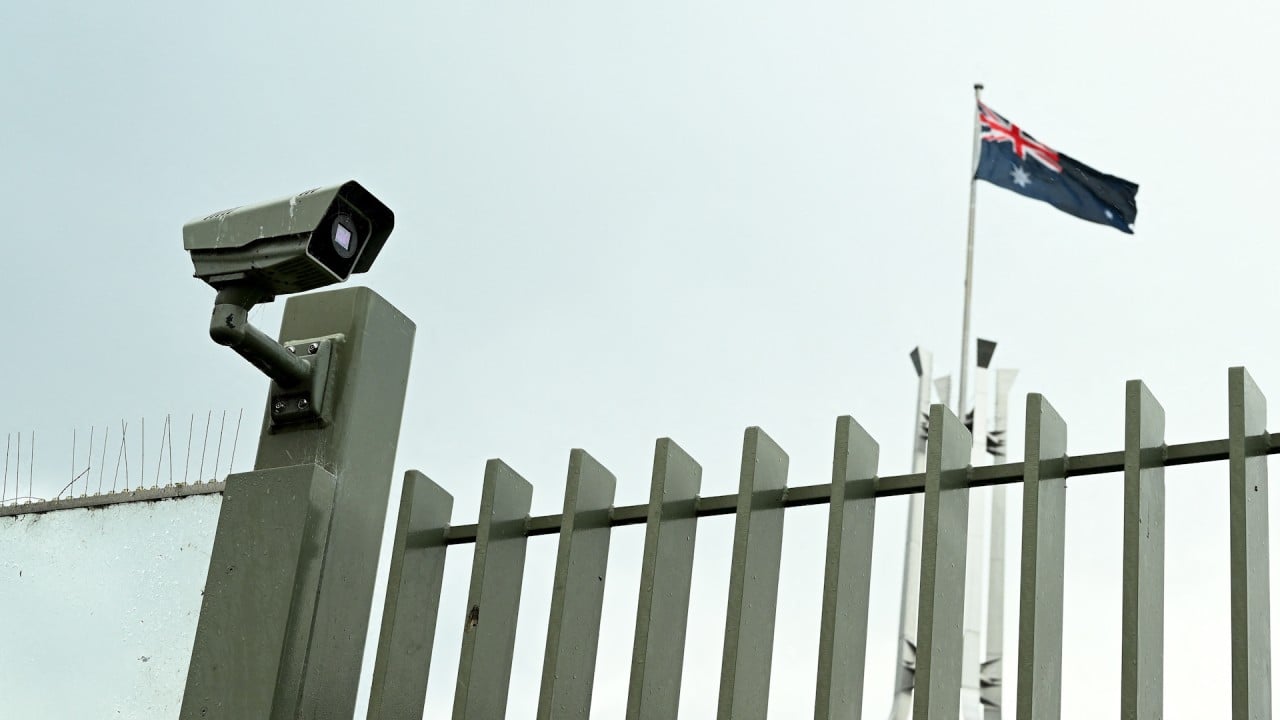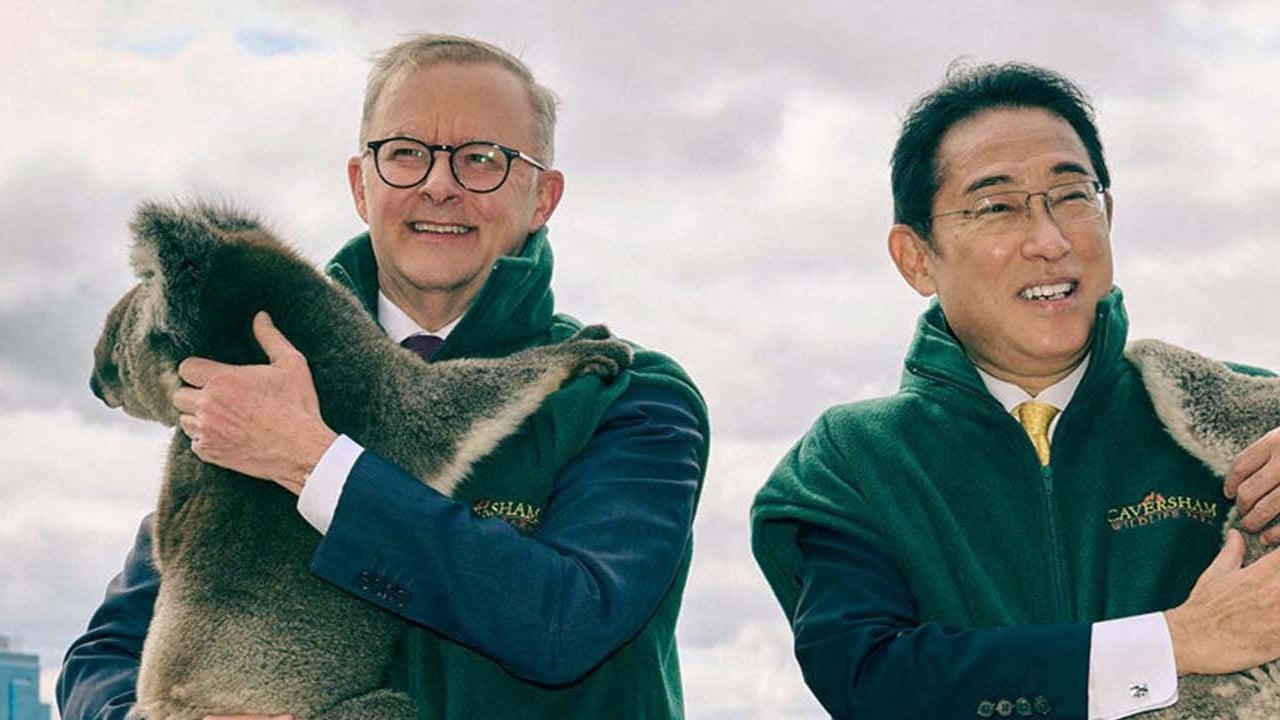
Revived China-Australia defence talks a step in the right direction: analysts
- Military officials from both countries meet face-to-face for the first time in several years
- Beijing needs to ramp up contact after the isolation of the Covid pandemic, observer says
Defence officials from both countries met for a half-day meeting in Canberra on Wednesday, with a “frank exchange of opinions on regional and international issues of mutual interest”, the Chinese defence ministry said.
The ministry said the meeting improved mutual understanding and was conducive to the healthy and stable development of the relationship between the two militaries.
The Australian Department of Defence said “the dialogue was conducted in a professional atmosphere, with both sides exchanging views on regional security issues”, Reuters reported.
It was the first formal meeting held between the two militaries since 2019, when relations deteriorated over human rights, the origins of the Covid-19 virus and trade.
Wang Yiwei, an international relations professor at Renmin University in Beijing, said the resumption of the military talks was a sign that ties between Beijing and Canberra had moved up to a new level.
“Military ties are the most vulnerable ones between countries and thus they are normally the last to be mended. In this sense, the defence talks … are worth celebrating,” Wang said.
He also said China had been quite isolated from the rest of the world during the Covid-19 pandemic, and it was time for Beijing to resume contacts.
“Beijing has to gradually do some fence-mending work, crisis management and engage in more dialogue, such as in non-traditional security areas,” Wang said.
“You need to know others, whether they are opponents, competitors or partners. China now needs to thoroughly strengthen its contacts with the outside world.”
Song Zhongping, a former instructor for the Chinese military, agreed that the talks were a positive sign.
“I think the biggest significance of this talk is that the two countries have reopened negotiations and discussions, which is a step away from the past freeze in their relationship,” Song said.
Malcolm Davis, a senior analyst at the Australian Strategic Policy Institute, said the talks were positive but would not be enough to resolve issues between the two countries.
“Even though China and Australia have some clear defence and security disagreements on many issues, continued dialogue is a positive thing, particularly if there is to be any chance of reducing tensions and increasing stability,” Davis said.
“But it allows us to address other aspects of the dispute that can be more easily managed.”



